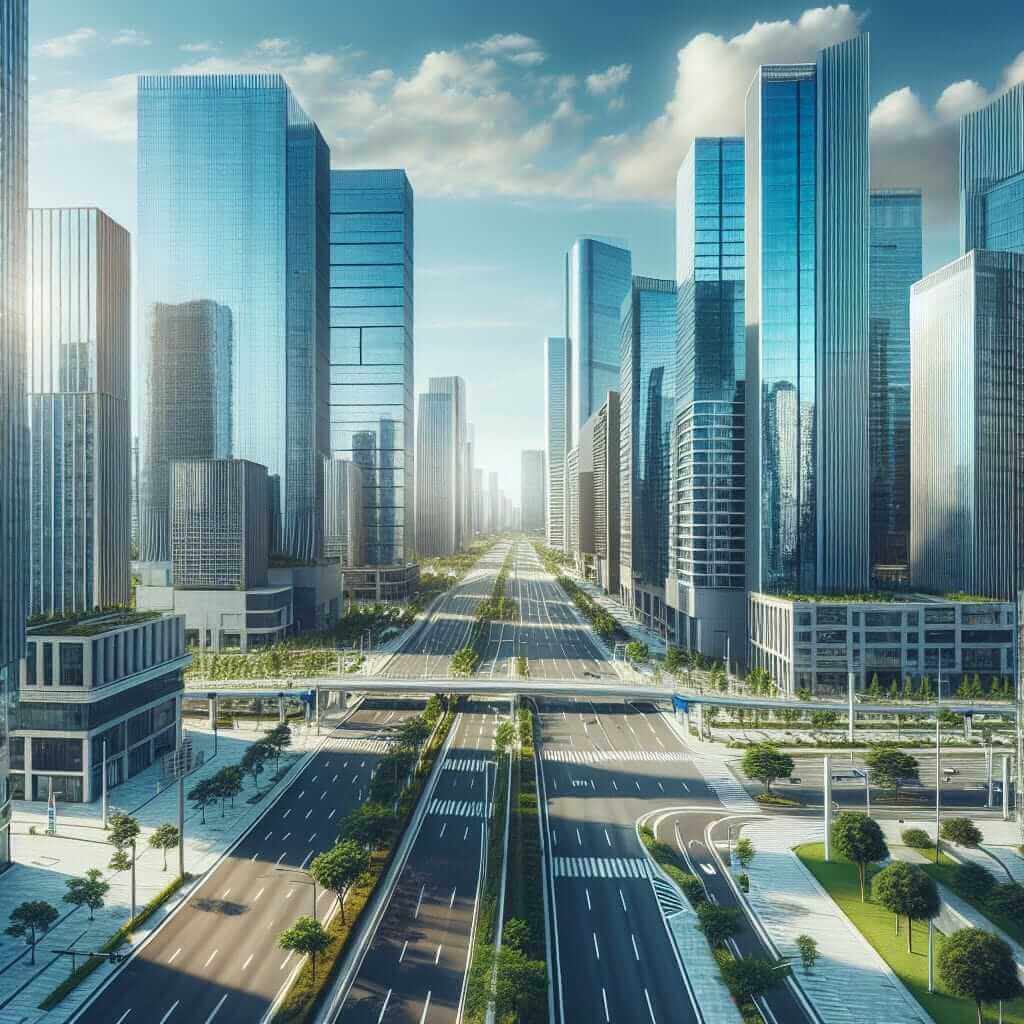The IELTS Reading test is designed to evaluate your ability to read and understand academic texts. One recurring modern theme is the impact of remote work on urban transportation. Given the increasing prevalence of remote work, particularly post-pandemic, this topic is highly relevant and can be expected to appear on future exams.
In this article, I will provide a complete IELTS Reading practice exam on the topic, including questions and answer keys. Additionally, I will offer insights into common mistakes, essential vocabulary, and grammatical structures to watch out for. By practicing with this model, you’ll be well-prepared for similar topics in the actual exam.
Reading Passage: The Impact of Remote Work on Urban Transportation
Introduction
Remote work has significantly altered various aspects of our lives, including urban transportation. With fewer commuters on the roads, the landscape of cities has begun to change. This article will explore how remote work impacts urban transport systems, benefits, and potential challenges.
Section 1: Decrease in Commuters
The most immediate effect of remote work is the reduction in the number of daily commuters. Public transportation services such as buses, subways, and trains have all recorded a significant drop in passengers. This decline can lead to cost savings for local governments but also poses challenges in terms of maintaining service quality.
Section 2: Traffic and Pollution
Fewer cars on the road mean less traffic congestion and a reduction in air pollution. Cities that were once plagued by smog are now seeing clearer skies. This improvement in air quality has long-term health benefits for the urban population.

Section 3: Changes in Public Transport
With a reduced number of passengers, public transportation systems may face financial difficulties. However, the decrease also allows for more frequent cleaning and maintenance, potentially improving service quality in the long term. Furthermore, it opens the door for innovative solutions such as flexible routing and on-demand services.
Section 4: Real Estate and Urban Planning
Remote work has also impacted real estate markets and urban planning. The demand for office space has dwindled, leading to lower rents and more flexible workspaces. City planners are now focusing on creating more versatile urban areas that can adapt to changing needs.
Section 5: Challenges
While there are many benefits, there are also challenges. For example, public transportation systems rely heavily on user fees for funding. A significant drop in commuters can result in budget shortfalls, affecting the quality and availability of services.
Sample Questions
True/False/Not Given
- The reduction in daily commuters has led to cost savings for local governments.
- Air pollution levels have increased in urban areas due to remote work.
- The demand for office space has decreased as a result of remote work.
Multiple Choice
- Which of the following is NOT a benefit of remote work on urban transportation?
a. Increased air pollution
b. Decrease in traffic congestion
c. Lower demand for public transport
d. Better health outcomes
Matching Information
-
Match the following impacts with the correct section:
-
a. Real estate market changes
-
b. Fewer cars on the road
-
c. Financial strain on public transport
-
d. Maintenance improvements
-
i. Section 1
-
ii. Section 2
-
iii. Section 3
-
iv. Section 4
-
Answers and Explanations
True/False/Not Given
- True. The passage states that fewer daily commuters lead to cost savings for local governments.
- False. The passage mentions a reduction in air pollution as a benefit.
- True. The passage highlights a decrease in the demand for office space.
Multiple Choice
- a. Increased air pollution. This is not mentioned as a benefit; on the contrary, pollution levels have reduced.
Matching Information
- a. iv. Section 4 discusses changes to the real estate market.
b. ii. Section 2 covers fewer cars on the road.
c. iii. Section 3 discusses the financial difficulties faced by public transport.
d. iii. Section 3 mentions improvements in maintenance.
Common Mistakes
One common mistake is misunderstanding the Not Given category in True/False/Not Given questions. If the information is not directly stated or cannot be inferred from the text, it is considered Not Given.
Vocabulary
- Urban transportation (noun): /ˈɜːrbən ˌtrænspərˈteɪʃən/ – The system of various means of transport used within a city.
- Commute (verb): /kəˈmjuːt/ – To travel a certain distance to and from one’s place of work or study.
- Congestion (noun): /kənˈdʒɛstʃən/ – The state of being crowded and full of traffic.
- Smog (noun): /smɒɡ/ – Fog or haze combined with smoke and other atmospheric pollutants.
Grammar
Focus on conditional sentences, often used to discuss potential future scenarios or hypothetical situations:
- Example: “If the number of commuters continues to drop, public transport systems may face budget shortfalls.”
Advice for High Reading Scores
- Practice Regularly: Familiarize yourself with different topics and question types.
- Improve Vocabulary: Expand your vocabulary to easily understand and locate critical information.
- Time Management: Practice under timed conditions to manage your time efficiently during the exam.
With diligent practice using resources like the one provided, you’ll find yourself better prepared for the IELTS Reading test. Keep focused, and good luck!